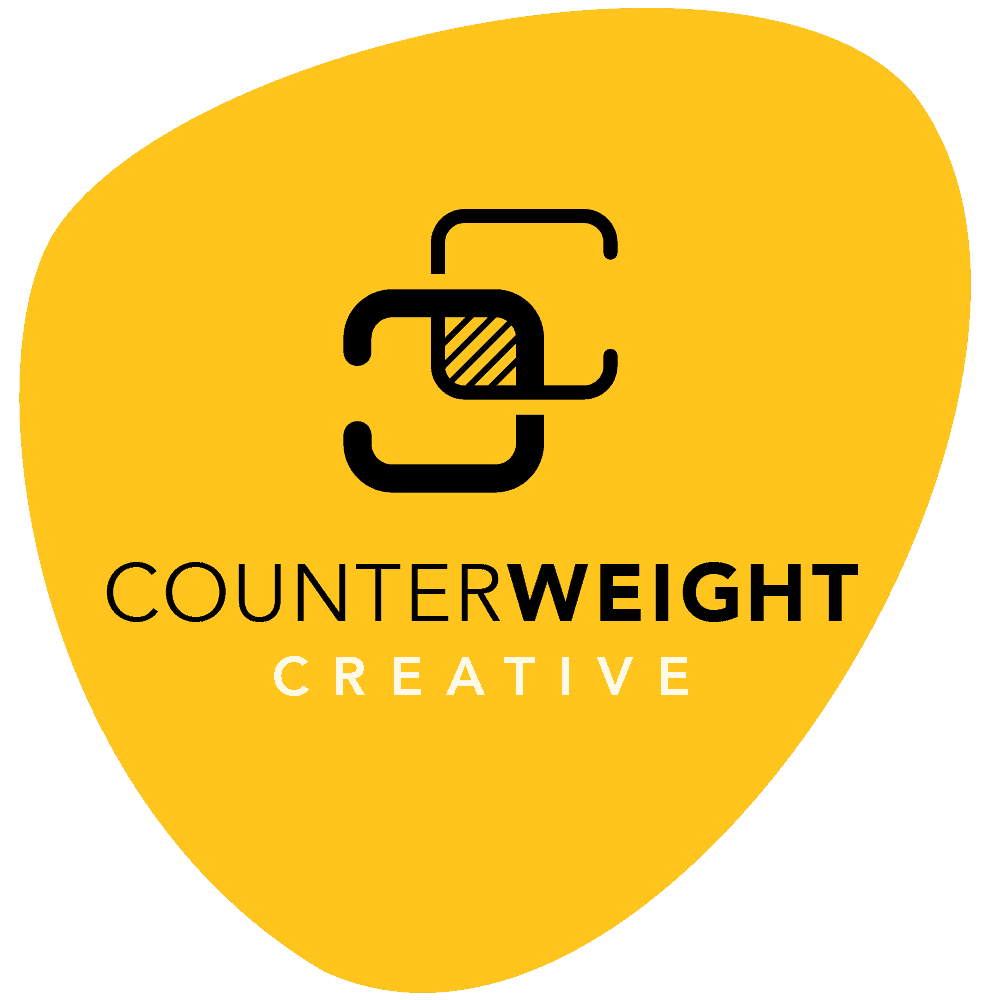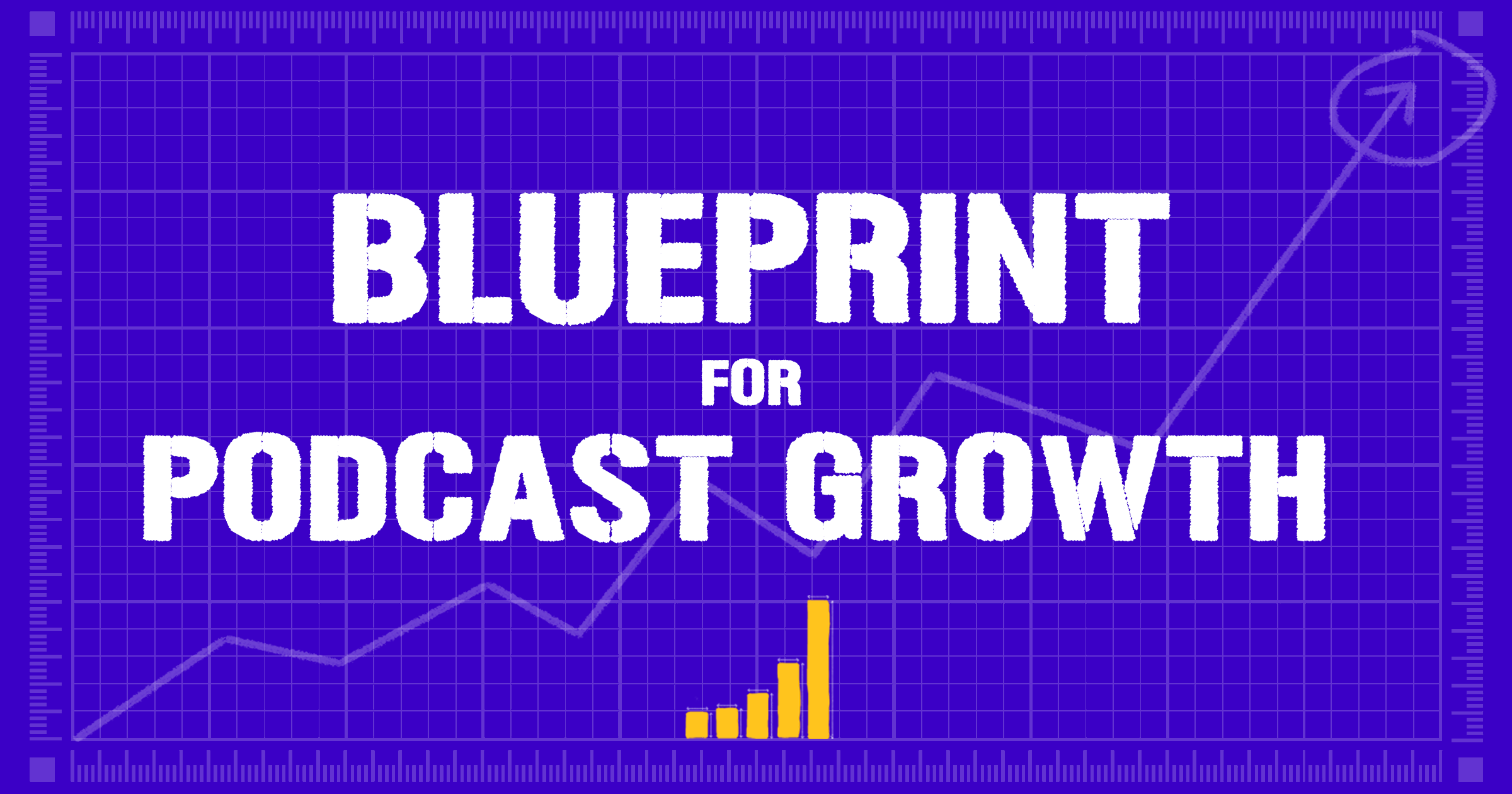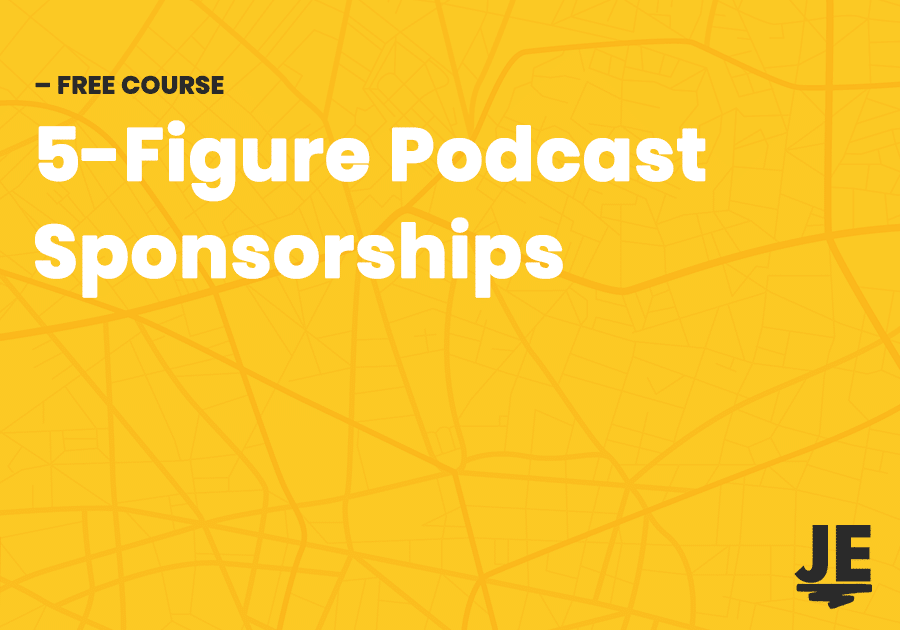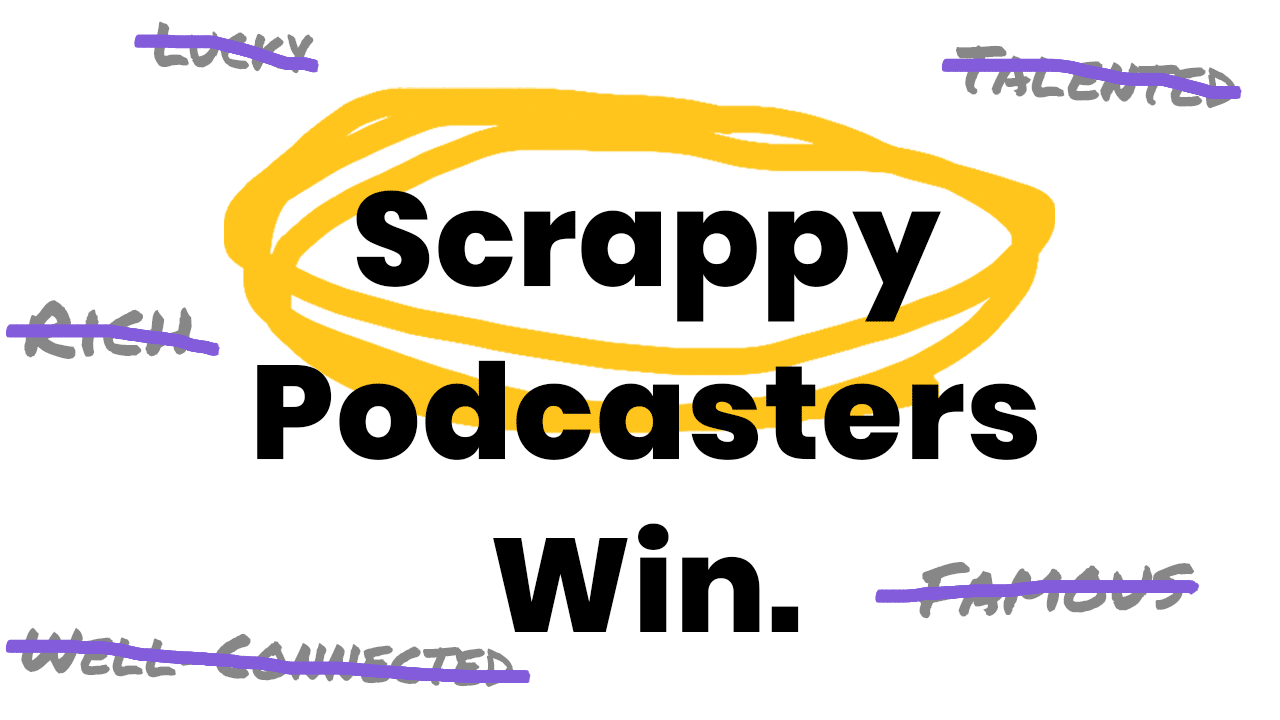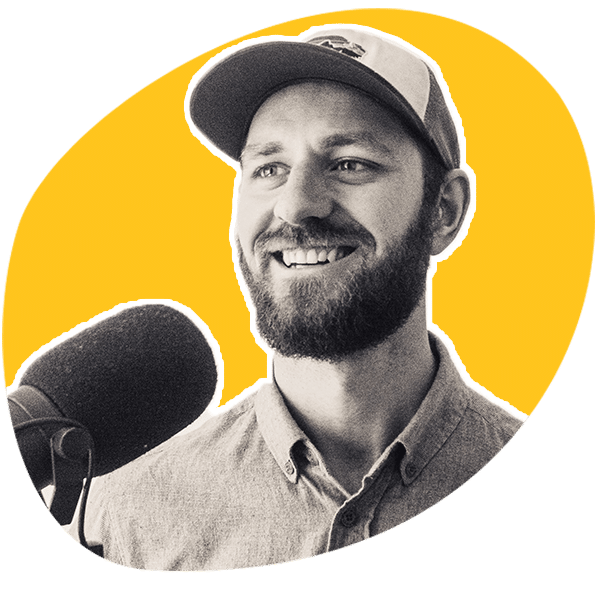If you want to achieve success in pretty much anything you do–podcasting included–it helps if you’re really damn good at it.
Of course, the way way to get good at any pursuit is practice.
You might have heard of the so-called 10,000-Hour Rule developed by K Anders Ericsson and popularized by Malcolm Gladwell which states that to achieve mastery in a pursuit requires 10,000 hours of deliberate practice.
The exact numbers of hours have been heavily debated, but the core premise seems to make sense:
Truly mastering your craft requires focus, discipline, and specialization in a specific skill.
Right?
It turns out that the focus on specialization might be overblown. As David Epstein shares in his fantastic TEDx talk, while specialists often get an early head start, generalists often make up for it and more in the long run.
This might be no more apparent than in the case of Roger Federer who, far from committing to tennis at a young age, played nearly every sport imaginable before settling on the sport he would come to dominate.
So what does this have to do with podcasting?
Being a Generalist and Podcasting
So often, podcasters commit to one show, pursue it for a year or two (or more), and when they’ve failed to achieve meaningful results, they quit the show and give up on podcasting as a whole.
The problem with this approach is that there are so many potential variables that play into podcasting success, that it might not be the medium that wasn’t working for them, but their specific topic, or format, or any other variable.
If you really care about podcasting and want to achieve success in it, it’s worth experimenting broadly until you land on something that works. Then and only then should you commit to doubling down and committing to excellence.
Of course, consistency in style and format is important to building an audience, but if you’ve been podcasting for a while and aren’t happy with the results, what do you have to lose?
Start experimenting with different formats, try both shorter and longer episodes, bring on a co-host, shift your niche or tone or focus in some other way. Air these as bonus episodes if you want to maintain some general consistency while broadening your repertoire.
Experiment with every variable at your disposal until you find something that you love to create and that resonates with an audience as well.
Then, once you’ve found something that works, start putting in your 10,000 and get really damn good at it.
Every Sunday I send out an exclusive article on how to use podcasting to build an audience and grow your business.
No opt-in, no freebie no bribe. But hopefully a new perspective, encouragement, and maybe even some occasional wisdom. It’s something I’m proud to create and I’d be honoured to share it with you.
- Why Wouldn’t They Just Google It? - March 14, 2021
- Before You Can Market Your Podcast, You Need To Create A Marketable Podcast - March 11, 2021
- Podcast Promotion & Marketing Are Different (Here’s How to Use Each Effectively) - March 10, 2021
